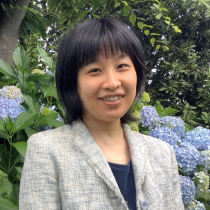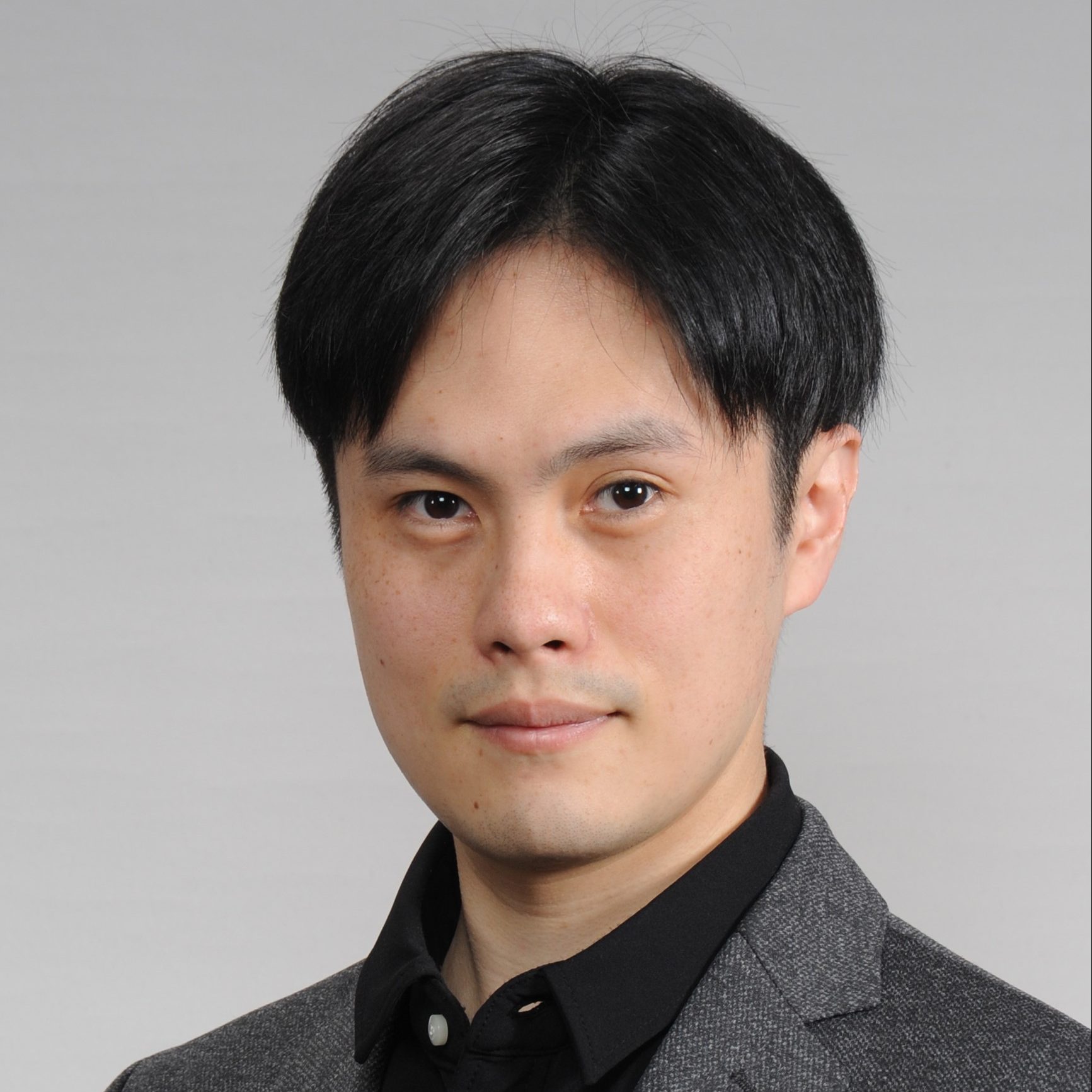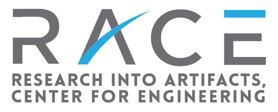The Research into Artifacts, Center for Engineering is a new center established on the Hongo Campus as an adjunct facility to the Graduate School of Engineering of the Faculty of Engineering to develop the foundation of artifacts engineering and promote research, education, and implementation of the next generation manufacturing (which includes not only product fabrication but also services throughout the product lifecycle) that can contribute to the sustainability of humanity.
At the new Research into Artifacts, Center for Engineering, researchers from the Graduate School of Engineering of the Faculty of Engineering of the University of Tokyo, in collaboration with researchers from other fields, explore problem-solving methods, including not only technology but also values and acceptability, through interdisciplinary engagements that take the broad relationship between society and technology into account.
Through such collaborations, the center will conduct research on needs-driven next generation manufacturing. The following three divisions were established within the center: Value Creation Division, Cognitive Mechanism Division, and Applied Intelligence Division. Research and education on designing a new manufacturing and product/service ecosystem are conducted at the Value Creation Division and investigations into the cognitive process of humans, artifacts as well as artifacts manufacturing that contributes to humanity are conducted at the Cognitive Mechanism Division; research on the fusion of theory and practice of intelligence technology exemplified in artificial intelligence is conducted at the Applied Intelligence Division.
NEWS
- 2025年6月18日(日本語) 学部4年生(当時) 赤坂北斗さん(当時 認知機構部門 太田研究室所属)が公益社団法人精密工学会2025年度精密工学会春季大会学術講演会ベストプレゼンテーション賞を受賞しました。
- 2025年3月21日(日本語) 【2025年5月16日(金)14:00-17:30 無料ハイブリッド開催】第11回人工物工学コロキウム:スマートマニュファクチャリングの方向性
- 2024年10月17日(日本語) 【開催期間 2024年11月13日~2025年3月21日】 人工物工学研究センター企画「製造業コア人材育成講座」
- 2024年10月10日(日本語) 【開催日2024年11月26日(火)14:30-17:30 】第10 回⼈⼯物⼯学コロキウム:ドローン技術による産業の変革
- 2024年6月13日(日本語) 梅田研究室所属の修士2年生 北森 洸人さん(価値創成部門 梅田研究室所属)が2024年度精密工学会春季大会学術講演会 Best Presentation賞を受賞しました。
Members

Shinsuke Kondoh

Tatsunori Hara

Yukie Nagai

Arisa Ema

Moju Zhao

Yuya Mitake

WANG Yusheng

Reina Yoshizaki

Shihao Li

Hiroshi Maruyama

Hiroshi Yamakawa

Yukio Honda

Erina Kakehashi

Ryota Takamido

Shinji Kanda

Keiko Kushibiki

Tadafumi Miyakogawa
Makoto Kawano
Yoshimasa Tamatsuji
Tetsuya Hasegawa
Haruo Hosoya
Akira Takanami
Cooperative Professors
(日本語) 淺間 一
Hiroshi Okuda
Seiichi Koshizuka
Katsuyuki Suzuki
Miho Takahashi
Satoko Tsuru
Keiji Nagatani
Nariaki Nishino
Atsushi Yamashita
Tomonori Yamada
Visiting Researchers
(日本語) 高木 優
(日本語) 大畑 龍
(日本語) 張 月
(日本語) 四津 有人
Hitoshi Komoto
Yanjiang Huang
Zhifeng Huang
Ryosuke Chiba
Kaoru Takakusaki
Yasuhiro Kakinuma
Daisuke Kono
Masato Inoue
Ryu Ohata
(日本語) 鳳 クァンバック
Sections
- Value Creation Division
- In order to realize the next generation manufacturing, it is necessary to unify the physical products, the service to supply them, and the social system to actualize these and attempt value creation. At our department, we employ a concept called the digital triplets that builds on digital twins, which is a cyber-physical system that connects the real world and the information world in one-to-one relationship, by adding the world of intellectual activity in order to achieve the creation of an ecosystem (social system) that enables growth and evolution of the system within the society after the introduction of the product/service by the society looking after the system in the form of maintenance and upgrading.
- Cognitive Mechanisms Division
- For the next generation manufacturing, the ability to accurately understand the potential needs of the society and present the value offers that correspond with these needs is required. . If we understand the society as “the entirety of the users, makers and everyone involved in the products and services, and all other products and services created by these”, it is necessary to elucidate the mechanism of how people understand artifacts (cognitive mechanism). At this department, we are conducting researches to elucidate how human recognizes artifacts and interact with them in order for the products/services created through the new generation manufacturing to be optimally integrated into, and accepted by, the people and the society, and contribute to the production of artifacts beneficial to the people and the society.
- Applied Intelligence Division
- At our department, we are aiming at creation of products/service system that possesses overwhelming international competitiveness by skillfully combining the AI cognitive technology centered on the deep learning, which is rapidly developing today, with the hardware technology and infrastructure technology the Graduate School of Engineering of the Faculty possesses. Our starting point is the information selection necessary for the solution of our target problems, and we are conducting research and development on elements that emphasizes circulation development of information system, such as collection of real world data necessary for the information selection, physical devices including the high-performance sensor required for the data collection, data processing method selection, service construction and its continuous improvement, and support for human manufacturing.
Corporate Sponsored Research Programs
The Research into Artifacts, Center for Engineering is collaborating with the following corporate sponsored research programs for research, education and social implementation.
- Innovation of New Materials for Next Generation Machines
HINODE Holdings Co., Ltd - The Architecture for Next-Generation Manufacturing
DAIKIN INDUSTRIES, LTD. - Chair for World Models and Simulators
SQUARE ENIX AI & ARTS Alchemy Co., Ltd., Sony Group Corporation,
and NEC Corporation - Human-Motion Data Science
Asahi Kasei Corporation, nac Image Technology Inc., OHTAKE-ROOT KOGYO CO.,
LTD, Xenoma Inc., and Euphoria Co., Ltd. - Sustainable Human Centric Next Generation Manufacturing
Toyota Motor Corporation - Technology Incubation for Glass of the Future
AGC Inc. - Innovation of next generation signal and power transmission technology
Furukawa Electric Co., Ltd. - Technology Incubation for machine tool
Mitsubishi Heavy Industries Machine Tool Co., Ltd.


















Comments are closed.